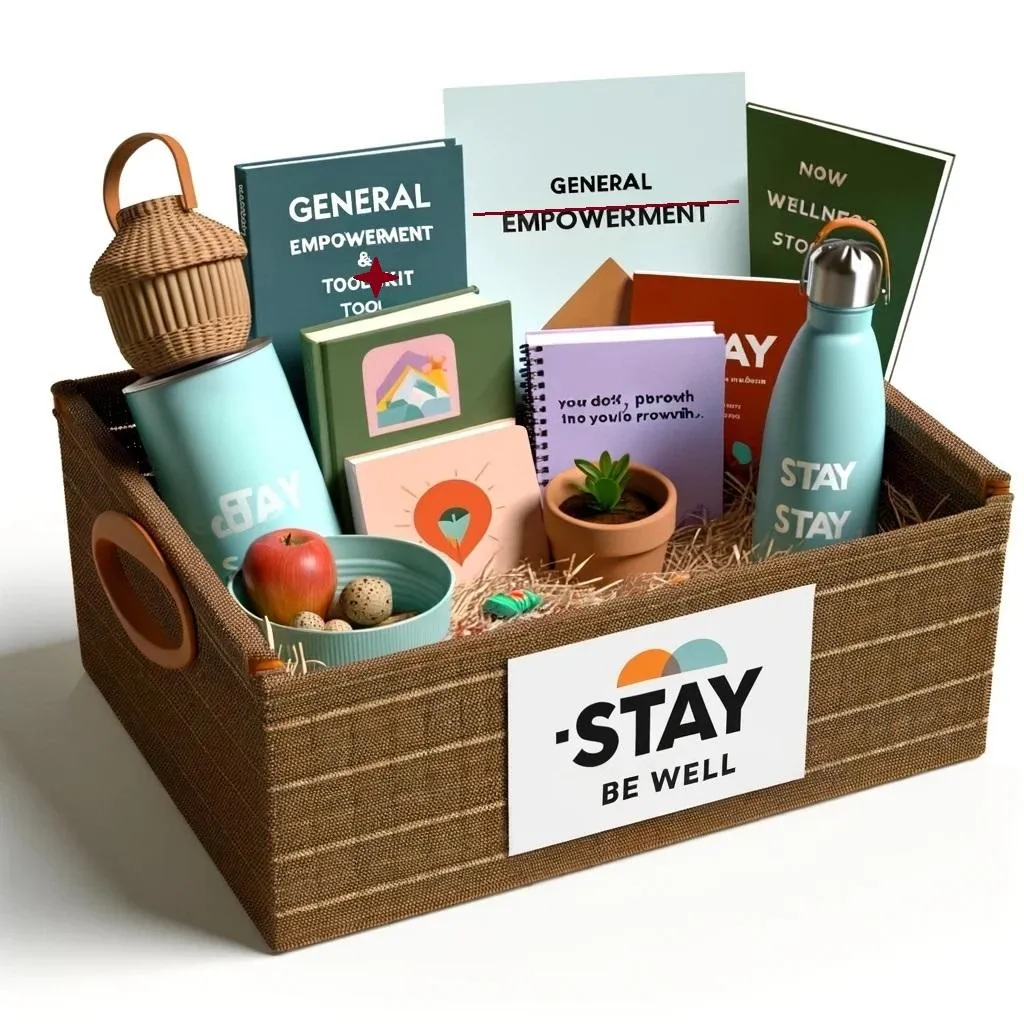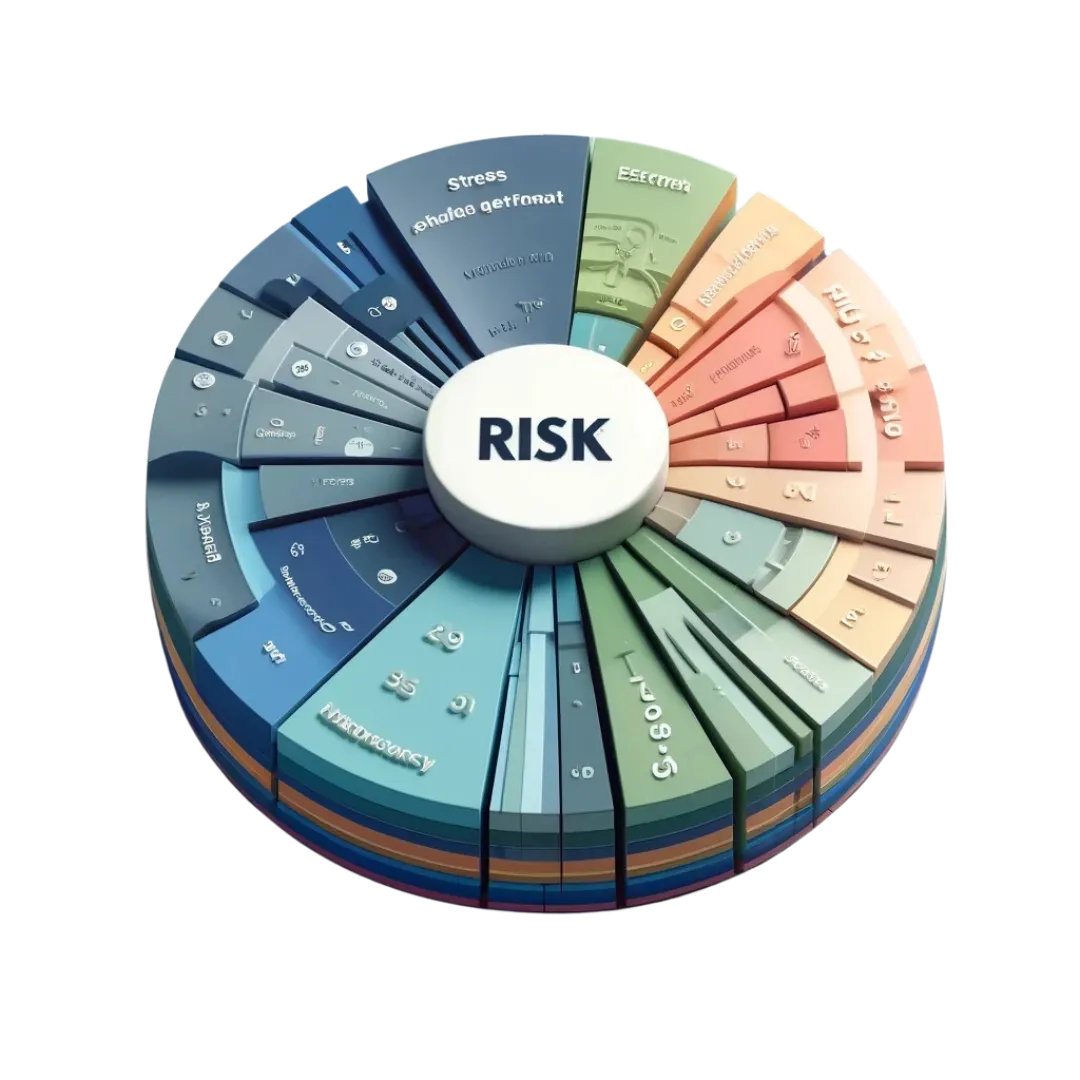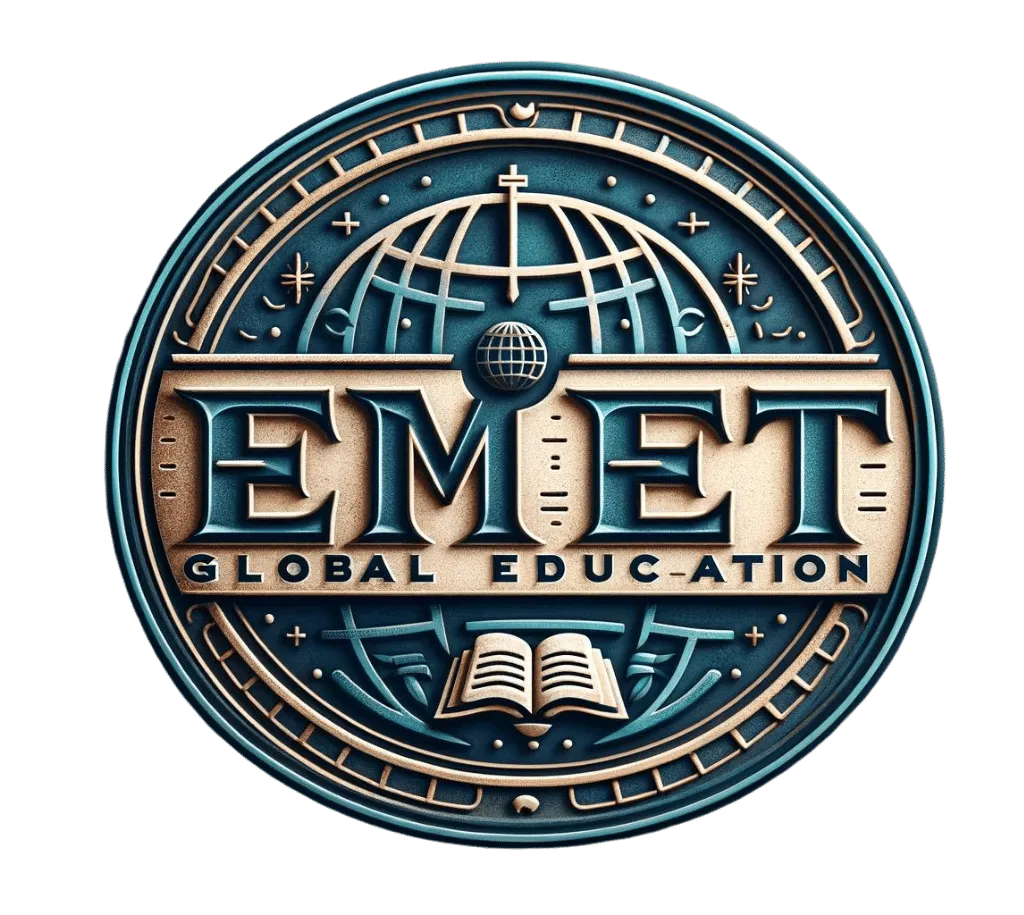STAY Program's 5-Fold Curriculum Design
MODULE AND LESSON OVERVIEW
Each lesson within these modules is structured to progressively build upon the previous one, ensuring a comprehensive and transformative learning experience. The curriculum emphasizes interactive and reflective learning, with assessments designed to reinforce the application of concepts to real-life scenarios.
Module 1:
Life's Purpose Fundamental 100

Objective: To help students understand their intrinsic value and discover their life's purpose.
Lesson 1: Understanding Self-Worth
Lesson 2: Exploring Personal Values and Interests
Lesson 3: The Role of Passions in Defining Purpose
Activities: Self-reflection journals, group discussions on personal aspirations, vision board creation.
Assessment: Personal reflection essays, participation in group discussions.
Module 2:
Understanding the Power of Self-Discovery 100

Objective: To guide students through a journey of self-discovery, enhancing self-awareness and emotional intelligence.
Lesson 1: Introduction to Self-Discovery
Lesson 2: Emotional Intelligence and Its Impact
Lesson 3: Building a Positive Self-Image
Activities: Emotional intelligence quizzes, role-playing exercises for empathy building, personal SWOT analysis.
Assessment: Journal entries on emotional growth, peer feedback on role-play exercises.
Module 3:
Provisions for Overcoming Difficulties 100

Objective: To equip students with coping strategies and resources for overcoming life's challenges.
Lessons:
Lesson 1: Identifying Common Youth Challenges
Lesson 2: Coping Mechanisms and Resilience Building
Lesson 3: Seeking and Offering Support
Activities: Scenario-based problem-solving, resilience workshops, creating a support network map.
Assessment: Group project on developing a community support initiative, resilience journals.
Module 4:
Youth Preparation for Life Success and Society 100

Objective: To prepare students for societal integration with skills for success and contributions to community well-being.
Lessons:
Lesson 1: Life Skills for Success
Lesson 2: Social Responsibility and Ethics
Lesson 3: Community Engagement and Leadership
Activities: Financial literacy games, ethical dilemma debates, planning a community service project.
Assessment: Presentation of a community service plan, reflective essays on ethical dilemmas.
Module 5:
Introduction to Faith Coaching for Youths 100

Objective: To introduce the concept of faith as a foundational element in personal development and coping strategies.
Lessons:
Lesson 1: The Role of Faith in Personal Growth
Lesson 2: Spiritual Practices for Well-being
Lesson 3: Faith as a Support System
Activities: Discussions on spiritual experiences, exploring faith-based support communities.
Assessment: Reflective journaling on spiritual practices, group discussions on faith's role in personal challenges.
Tailored for Growth: The STAY Program's Age-Appropriate Curriculum
Empowering Every Stage: Nurturing Development from Childhood to Young Adulthood
Each segment of the curriculum is tailored to meet the developmental needs, interests, and challenges specific to these age groups, ensuring that every participant receives the most relevant and impactful learning experience. Through this thoughtful design, the STAY Program effectively addresses the unique aspects of each life stage, fostering growth, resilience, and empowerment across the spectrum of youth to young adulthood.




The STAY Program curriculum is meticulously designed to be age-appropriate, catering to diverse age groups ranging from 5-10, 11-15, 16-20, to 21-25 years old.
W.E.L.L (Wellness, Emotion, Language, Life)
The W.E.L.L portion of the program provides a comprehensive approach to holistic development, ensuring individuals are equipped with the knowledge, skills, and support needed to lead healthy, empowered, and enriched lives. Through collaborative efforts, we can create an environment that nurtures well-being, fosters emotional resilience, enhances communication, and enriches life experiences for all.
W
Wellness: Nurturing Physical and Mental Health
Objective: Cultivate a culture of physical well-being and mental health awareness within educational institutions and communities.
Action Steps: Implement regular wellness assessments and workshops focusing on balanced nutrition, physical activity, and stress management. Encourage participation in activities that promote physical health, such as sports, and Scriptural meditation.
E
Emotion: Cultivating Emotional Intelligence
Objective: Enhance emotional intelligence to foster resilience, empathy, and effective coping strategies.
Action Steps: Integrate emotional intelligence training into curriculums, focusing on self-awareness, self-regulation, motivation, empathy, and social skills.
Provide safe spaces for individuals to express emotions and experiences, facilitating peer support groups and counseling services.
L
Language: Empowering Through Communication
Objective: Strengthen communication skills to empower individuals to express themselves clearly and confidently.
Action Steps: Offer workshops on effective communication, including verbal and non-verbal skills, active listening, and assertive expression.
Promote language arts programs that encourage creative expression and critical thinking, such as debate clubs, writing workshops, and literature studies.
L
Life: Enriching Life Experiences
Objective: Foster an environment that encourages exploration, growth, and fulfillment in personal and communal life.
Action Steps: Support experiential learning opportunities that expand horizons, such as community service, internships, and cultural exchange programs.
Develop life skills education covering financial literacy, career planning, and relationship building to prepare individuals for diverse life challenges.
Empowerment Toolkit
Resource and Instruction Module
The Empowerment Toolkit is a pivotal element of the STAY curriculum, devised to endow participants with an extensive array of resources and straightforward guidance. This toolkit is integral to our journey, offering the necessary tools and insights for navigating life’s hurdles, strengthening resilience, and fostering a supportive community backdrop.
Self-Help Guides
Comprehensive guides on understanding and managing emotions, developing coping strategies, and building resilience.
Step-by-step instructions for mindfulness and relaxation techniques to manage stress and anxiety.
Crisis Intervention Resources
Guidelines on what to do in a crisis situation hotlines, crisis text lines, and location, how to seek help, and how to support someone in distress.
A list of emergency contacts, including suicide prevention hotlines, crisis text lines, and local mental health services.
Educational Materials
Fact sheets and infographics on common mental health issues affecting youths, myths and facts about suicide, and the importance of mental wellness.
Interactive e-learning modules on topics such as emotional intelligence, problem-solving, and healthy communication.
Family and Caregiver Support
Resources for parents and caregivers on recognizing warning signs, communicating effectively with youths, and providing appropriate support.
Workshops and webinars on family dynamics, building a supportive home environment, and navigating the mental health system.
Facilitator Training Materials
Comprehensive training modules for STAY program facilitators, including instructional videos, presentation templates, and activity guides.
Best practices for creating an inclusive, engaging, and safe learning environment.

Community Support Directory
A curated list of support groups, community centers, and online forums where youths can find peer support and share experiences in a safe and moderated environment.
Information on local and virtual events, workshops, and seminars focused on mental health and wellness.
Embedded within our educational framework, the Empowerment Toolkit is crafted to enrich personal development and communal support, ensuring every participant is equipped for their path toward enhanced mental wellness and interconnected growth.
Our Statistics, Our Reason
Global Perspective

According to the World Health Organization (WHO), suicide is the fourth leading cause of death among 15-29-year-olds globally.
United States:

The Centers for Disease Control and Prevention (CDC) reports that for individuals aged 10-24, suicide is among the leading causes of death, with rates increasing significantly in the past decade.
Risk Factors:

Factors contributing to youth suicide include mental health disorders (especially depression and anxiety), bullying, substance abuse, exposure to violence, and traumatic stress.
Additional Services We Provide to Help
Promote Mental Health Education: Incorporate mental health awareness and education into school curriculums to destigmatize mental illness and encourage open discussions.
Early Intervention Programs: Implement screening and early intervention programs in schools and communities to identify at-risk youths and provide timely support.
Access to Mental Health Services: Ensure that youths have easy access to mental health services, including counseling, therapy, and crisis intervention hotlines.
Community and Peer Support: Foster supportive community networks and peer support programs that provide a safe space for youths to share their experiences and find solidarity.
Parental and Caregiver Education: Equip parents and caregivers with the knowledge and skills to recognize warning signs, communicate effectively with their children, and provide appropriate support.
Anti-Bullying Initiatives: Develop and enforce anti-bullying policies in schools and online platforms to create safer environments for youths.
Promote Coping Skills: Teach coping and resilience-building skills to help youths navigate life's challenges healthily and constructively.
Encourage Healthy Relationships: Cultivate environments that promote healthy, supportive relationships among family members, friends, and within the community.
Policy and Advocacy: Advocate for policies that improve mental health services, address social determinants of mental health, and protect youths from harmful influences.
Research and Funding: Support research into the causes and prevention of youth suicide and allocate resources to mental health programs and initiatives.
Office: 603 E Fort King Street | Ocala FL 34471
Call 352-421-3300
Email: [email protected]
Site: emetglobaleducation.com




